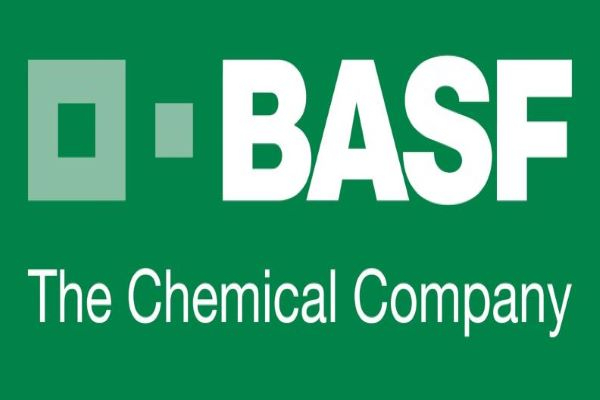BASF publishes integrated annual report in Greater China for the 17th consecutive year

BASF publishes its integrated Greater China Report for the 17th consecutive year. The report reviews performance across the three dimensions of sustainability — economy, environment, and society — in Greater China for the year 2024. This marks the first occasion that BASF Greater China has disclosed comprehensive information since the launch of BASF’s “Winning Ways” strategy in 2024.
"Our net sales in Greater China declined slightly to €8.6 billion in 2024. However, the sales volume witnessed a 2% year-over-year growth, demonstrating our resilience and steady recovery amid industry challenges,” said Dr. Jeffrey Lou, President and Chairman of BASF Greater China. “Despite the headwinds, we remain committed to our purpose — we create chemistry for a sustainable future – and will navigate forward with the mindset of transformation.”
China remains a key driver of global growth in the chemical industry. In 2024, BASF further strengthened its presence in Greater China by focusing on high-growth market, accelerating innovation, and enhancing its competitive edge.
The BASF Zhanjiang Verbund site project, with a total investment of around €10 billion, is progressing steadily as scheduled. In 2024, BASF broke ground on a methyl glycols plant at the Zhanjiang Verbund site.
BASF also expanded its advanced additives plant in Nanjing, scheduled for completion by the end of 2025. A second polymer dispersions line at the BASF Daya Bay site was inaugurated in 2024 to improve its supply chain agility for industries including coatings, construction, and packaging.
To further advance R&D capabilities, BASF inaugurated the Verbund Technology Center (VTC) at the Zhanjiang Verbund site, and the new Asia Pacific Application and Technical Center of Coatings division in 2024. BASF was also honored as one of the “Blue Whale 50 – Top 50 Global Large Enterprises in Open Innovation”, recognizing its achievements in scientific and technological innovation.
In 2024, BASF made steady progress toward its goal of achieving net-zero carbon emissions by 2050 , and continued to drive carbon reduction in its own production. Multiple production sites within Greater China now operate entirely on renewable electricity. Meanwhile, the offshore wind farm, jointly invested by BASF and Mingyang, commenced onshore construction in 2024.
BASF also actively promoted sustainable innovation through cross-industry collaboration, supporting customers’ green transformation. Key solutions cover multiple sectors, including 100% recyclable TPU shoes, “design-for-recycling” steering wheels, and ocean-friendly sunscreen products. Furthermore, BASF co-initiated the “Pioneer Alliance for Zero-Carbon Recyclable Paper Cups,” calling on stakeholders across the value chain to jointly promote circular economy.
As a responsible corporate citizen, BASF invested over €270,000 in societal initiatives across Greater China in 2024. These efforts included science education programs, charity donations, and employee volunteering activities, aiming at building a more sustainable ecosystem together with employees. Notably, the 2024 BASF® Kids’ Lab program was held in seven cities across Greater China, attracting over 3,300 children to participate in chemical experiments and sparking their interest in science.
Subscribe to our newsletter & stay updated.